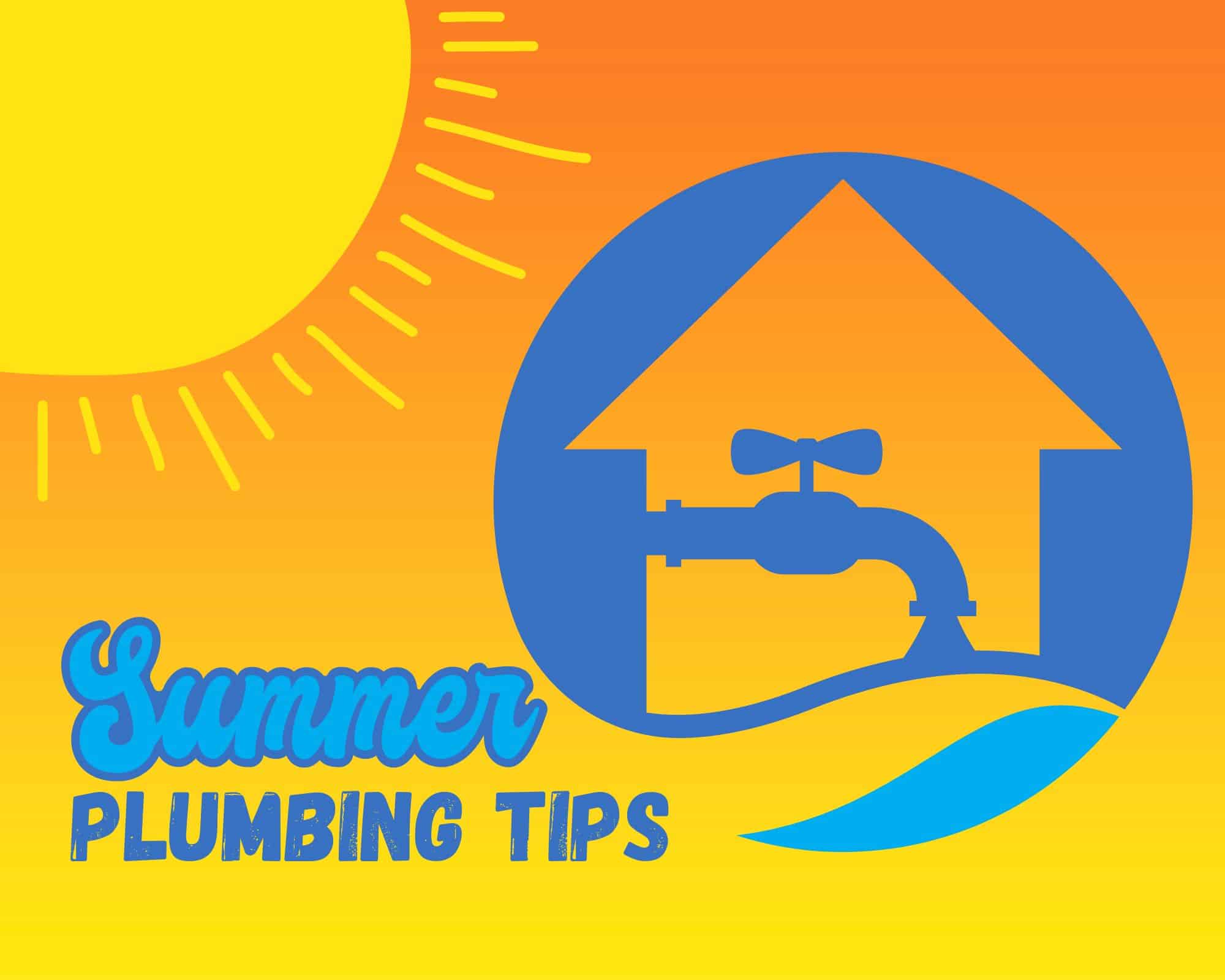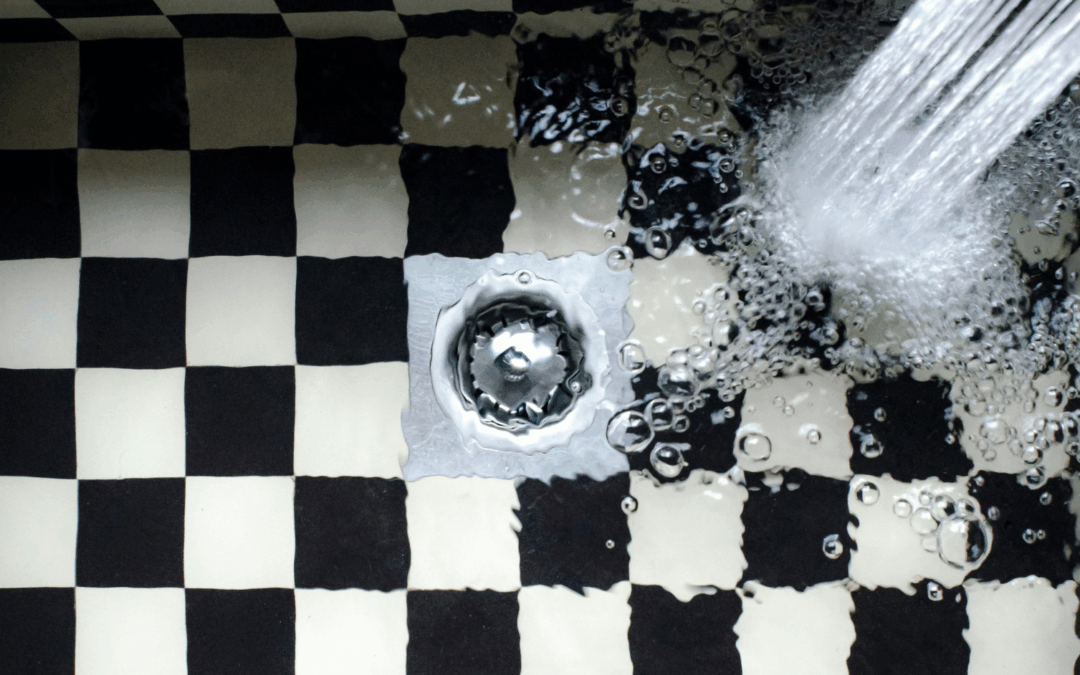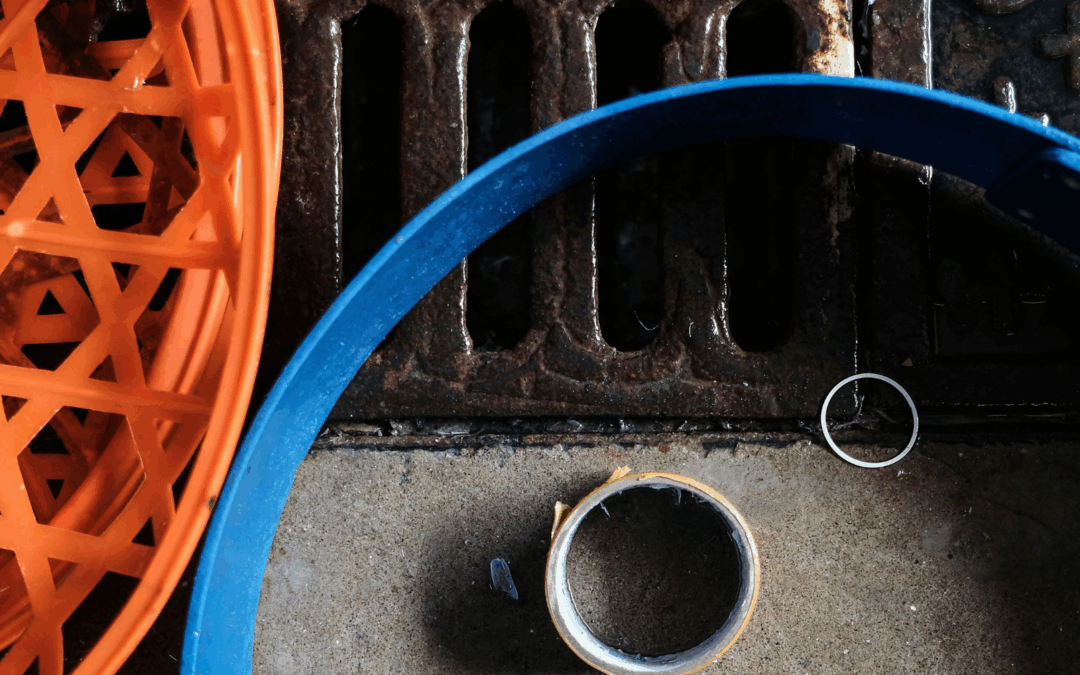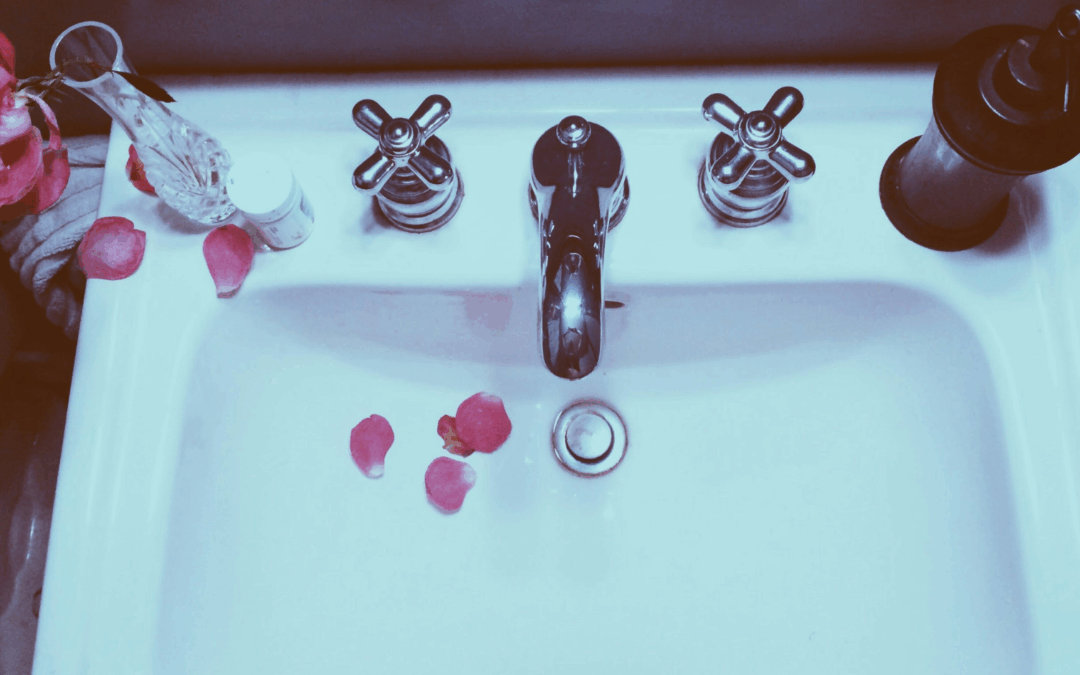When the temperature hits an all-time high in summer, the last thing you want is a plumbing issue turning your home into a hot mess. From leaky faucets to clogged drains, the summer season can wreak havoc on your plumbing system.
So, what can you do to beat the heat and keep your plumbing running smoothly? Here are some summer plumbing tips that you won’t want to miss.
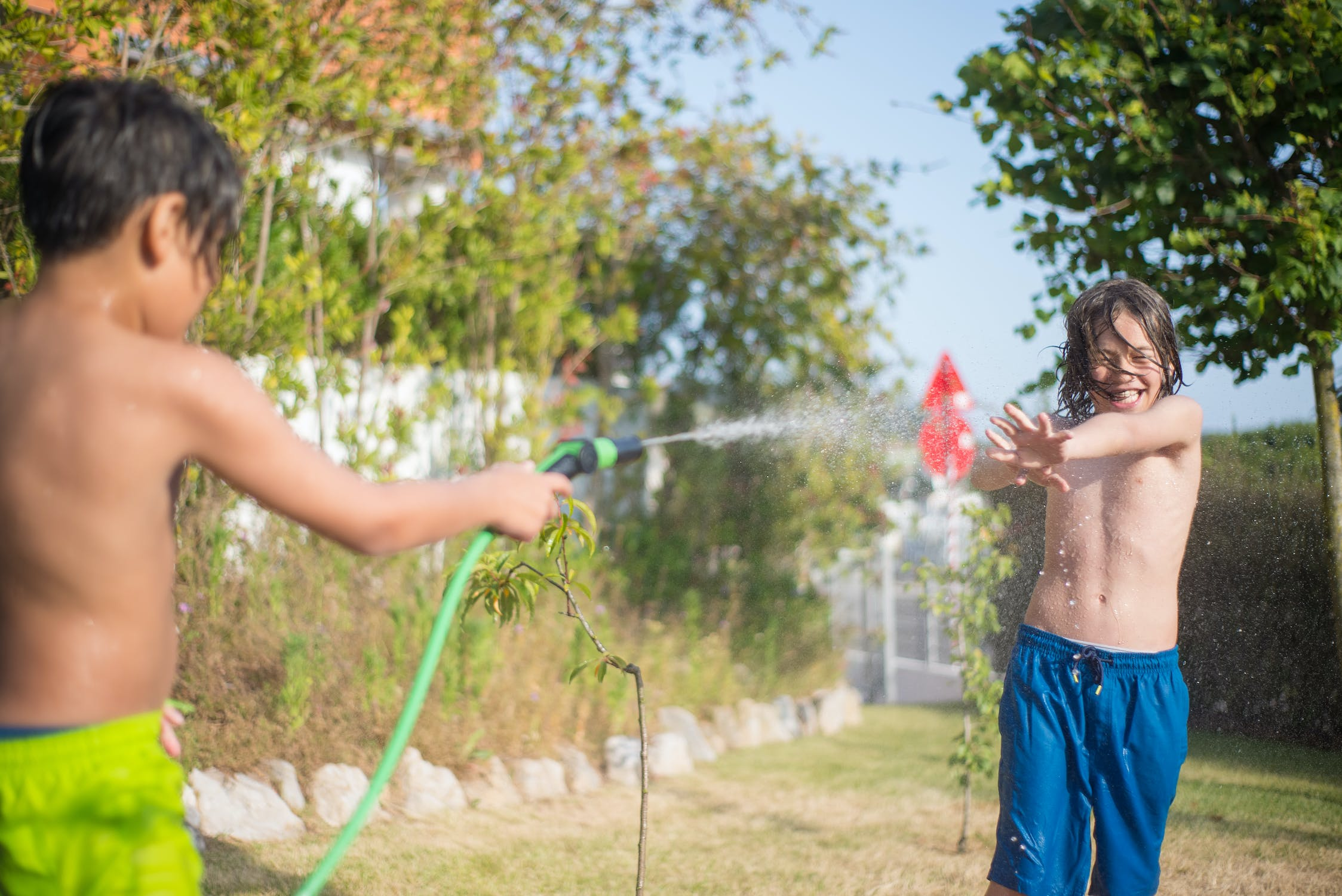
Schedule Service Online
Get a free estimate so you know what you're signing up for
"*" indicates required fields
For Emergency Services Call: 410-255-9300
Keep Your Drains Clean
With summer comes more showers, more laundry, and more cooking. All of this can place a significant strain on your drains, leading to clogs and blockages. Make sure to use a drain strainer to keep food debris, hair, and other materials from accumulating in your pipes.
Also, avoid flushing non-biodegradable items down the toilet, such as sanitary wipes, feminine hygiene products, and cigarette butts. If you do experience a drain issue, try using a plunger or drain snake before resorting to chemical cleaners, which can damage your pipes over time.
Check Your Outdoor Plumbing
Summer is the perfect time for outdoor activities such as grilling, gardening, and swimming. However, it’s important to ensure that your outdoor plumbing systems, such as your garden hose and sprinklers, are in good condition.
Check for leaks, cracks, and other damage, and replace any worn-out or broken parts as soon as possible. Also, be sure to turn off your outdoor faucets when they’re not in use to avoid wasting water and putting unnecessary pressure on your plumbing system.
Adjust Your Water Heater
During the hot summer months, you’re likely using less hot water than usual. So, why keep your water heaters running at the same high temperature all season long?
Lowering your water heater temperature can help you save on your energy bills and reduce the risk of scalding. Consider setting your water heater to 120 degrees Fahrenheit, which is hot enough for most household needs.
Service Your Air Conditioning
Your HVAC system plays a crucial role in keeping your home comfortable during summer. However, a clogged air conditioning unit can lead to water damage and other plumbing issues.
Make sure to replace your air filter at least once per month and schedule an annual inspection with an HVAC professional to ensure that everything is running smoothly.
Schedule Preventive Maintenance
One of the best plumbing tips for summer is to schedule preventive maintenance with a qualified plumber. A professional inspection and tune-up can help you spot potential problems before they turn into costly repairs down the line.
Plus, a plumber can recommend upgrades and modifications to your plumbing system that can help you save on your energy bills and improve your overall comfort.
Check Your Washing Machine Hoses
Most household appliances have a specific season when they see a lot more use than others. During summer, your washing machine is likely to be working overtime. But are the hoses that supply water to your washing machine in good condition? Over time, hoses can crack, wear down, or become brittle.
This could cause them to burst or leak water. It’s a good idea to inspect the hoses for any signs of damage, and if needed, replace them entirely. This could end up saving you from a disastrous flood in your laundry room.
Clean Your Sump Pump
If you have a basement, a sump pump is your first line of defense against any leaks or floods. During summer, the pump tends to work harder due to increased water usage.
To avoid any issues, ensure that the pump is in good working condition. One way to do this is to pour some water into the sump pit, and verify that the pump kicks in and begins to drain the water properly. If it doesn’t, or you notice any strange noises, consider calling a professional.
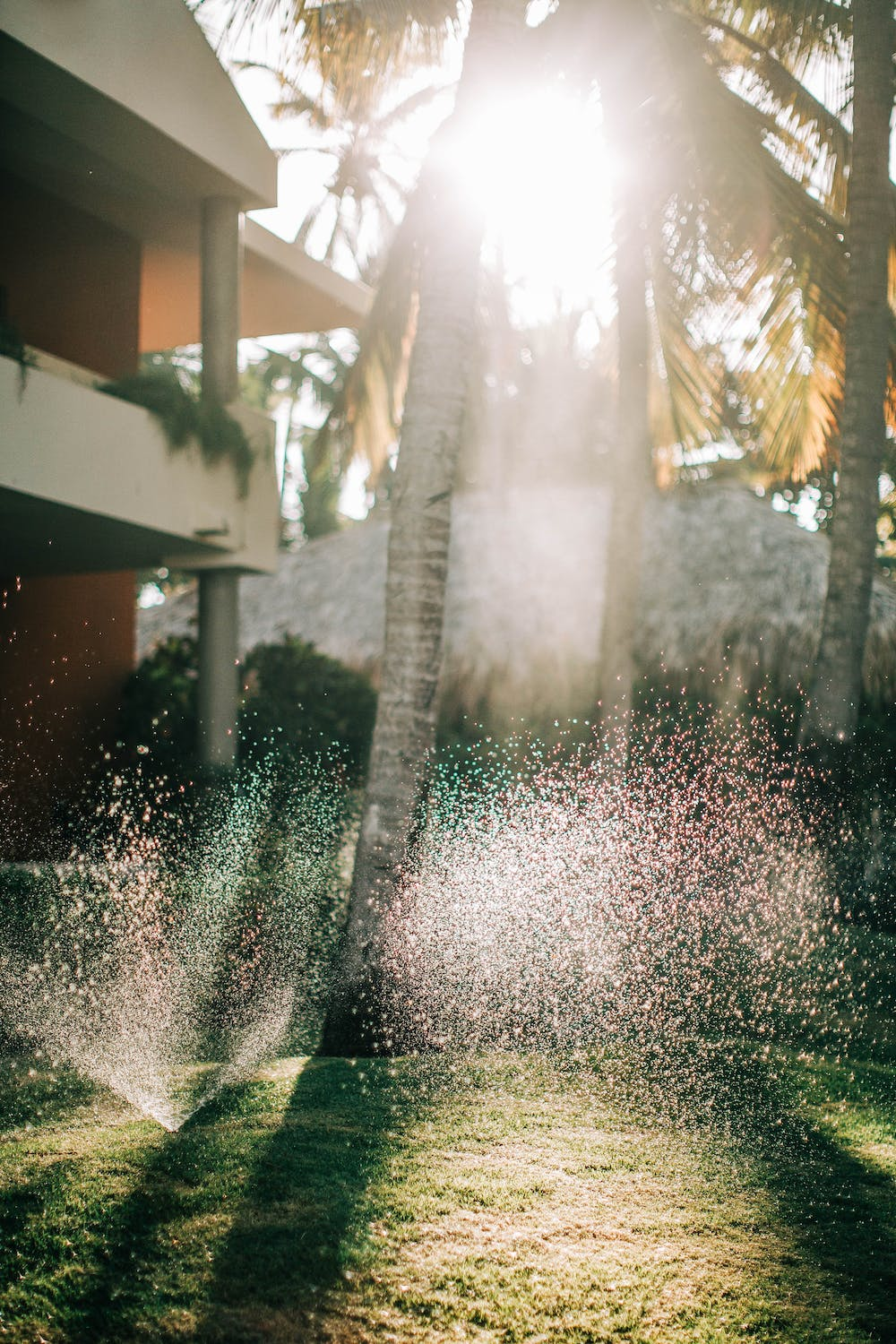
Fix Leaky Toilets
If you’ve been putting off fixing a leaky toilet, now is the time to take action. Not only is that constant drip aggravating, but it can waste a significant amount of water over time.
According to the EPA, a toilet leak can waste up to 200 gallons per day. That’s a lot of water! Call a plumber to have that small leak fixed. Once you no longer have a running toilet and everything is working properly, you’ll save water and you’ll be helping both the environment and your water bill will lower.
Be Mindful Of What You Flush
Be mindful of what you flush down your drains and toilets. Some items should never be flushed, including paper towels, sanitary products, cooking grease, and even wet wipes. These items can cause blockages, leading to major problems in your plumbing system.
If in doubt about what to dispose of and how, it’s always better to err on the side of caution and dispose of items in the trash instead. Remember, other than human waste, toilet paper is the only thing that should go into the toilet! You’ll prevent a toilet clog!
Monitor the Water Pressure
High water pressure is not just harmful to your pipes but can also lead to water waste. Monitor and adjust your water pressure according to manufacturers’ suggested limits.
A professional plumber can help you determine the right water pressure for your home, or find a reason for low water pressure. Maintaining a good water pressure will prevent pipe damage and water leaks, saving you a lot of money in the long run.
Clean Out the Gutters and Downspouts
Summer brings thunderstorms, and your home’s drainage system is essential in protecting your property’s foundation from water damage. Gutters and downspouts can become clogged with debris, preventing proper drainage.
Clean them before summertime storms arrive to avoid water damage, flooding, and mold growth in your home.
Service Your Hot Water Heater
Have you ever been caught off-guard with a cold shower on a winter morning? It’s not a pleasant experience, and it’s often the result of your hot water heater breaking down unexpectedly.
But did you know that regular maintenance and servicing can help prevent such mishaps? As the summer rolls around, take the opportunity to get your hot water heater checked and serviced – before the cold weather sets in.
A typical service might include inspecting the unit for leaks, checking the pressure relief valve, flushing out sediment buildup, and more – all of which can help ensure your hot water heater operates at peak efficiency and reliability. By getting your water heater serviced in the summer, you can enjoy hot showers all winter long.
Get Your Garbage Disposal Checked Out
Summer is upon us, which means it’s time to take advantage of the season and tackle those household tasks that we’ve been putting off. One task that often gets overlooked is servicing the garbage disposal.
While it may not seem like a priority, neglecting to properly maintain your disposal can lead to unpleasant odors, clogs, and even damage to your plumbing system. By getting your garbage disposal serviced in the summer, you can ensure that your kitchen stays fresh and clean throughout the season.
Not to mention, servicing your garbage disposal now means you’ll be prepared for the fall and holiday season when kitchens tend to see more use. So why wait? Take the time to service your garbage disposal this summer and enjoy a cleaner, more functional kitchen all year round.
Check Your Sewer Lines
Don’t wait until it’s too late! Backed up drains or water coming back into your home may seem like a minor inconvenience, but it can lead to major problems and costly emergency calls. Stay ahead of the game by having your sewer lines checked for potential issues before summer storms roll in.
Common causes of sewer line problems include excess rain, tree roots, blockages from debris and more. A simple video inspection can identify any hidden threats and prevent costly repairs. Keep your home safe and stress-free – check your sewer lines.
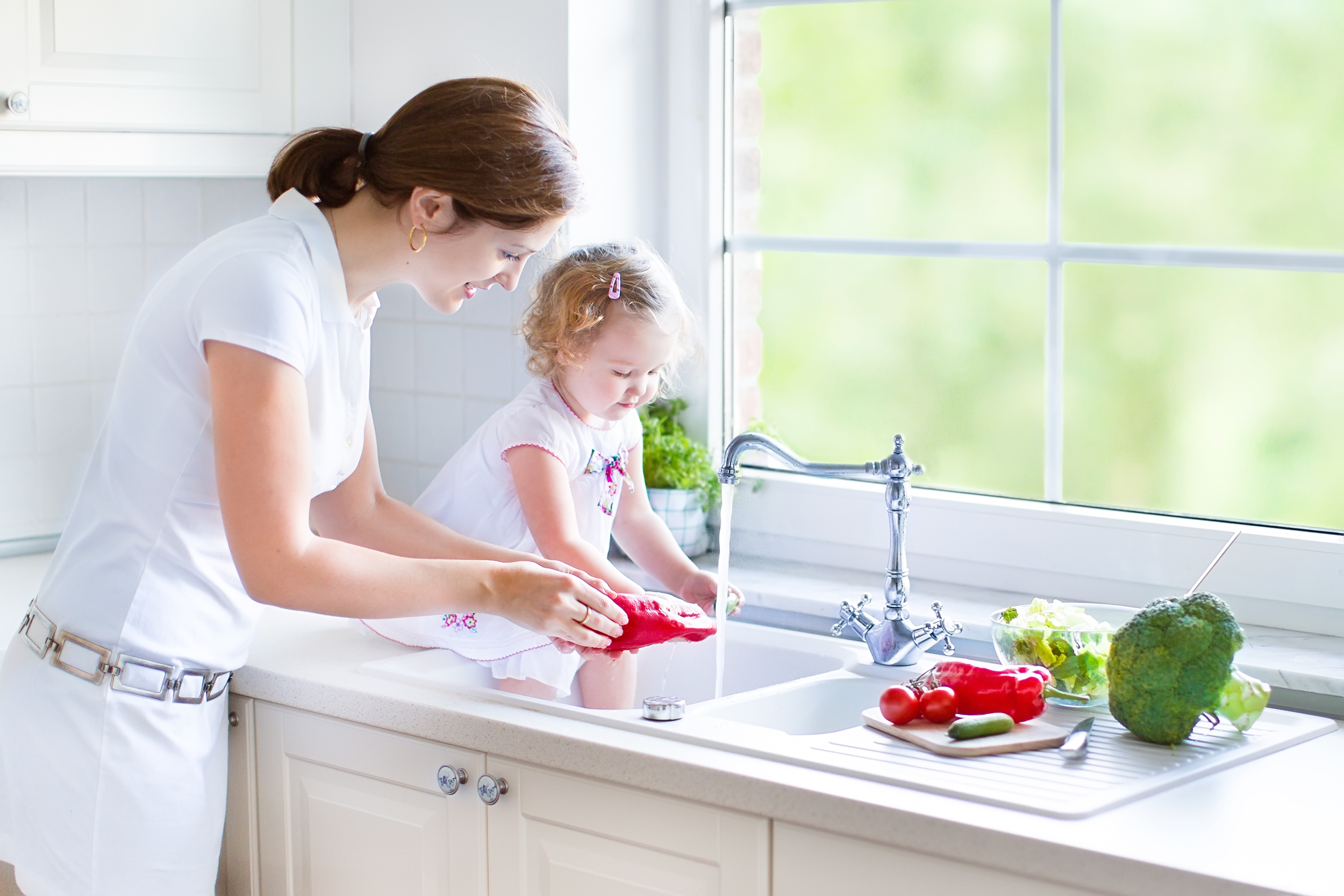
10 Plumbing Tips to Keep Your House Running Smoothly Year Round
Plumbing is an essential part of your home’s infrastructure. Any issues with your plumbing can lead to costly repairs and inconvenience for you and your family.
However, with some simple maintenance tips, you can avoid such issues and keep your house running smoothly year-round.
- Insulate Pipes: During winters, the water in pipes can freeze and cause them to burst. You can avoid this by insulating your pipes with foam sleeves or wrapping towels around them. This will also help save energy by reducing heat loss through the pipes.
- Fix Leaks: Leaking faucets or toilets can waste water and increase your utility bill. Fixing a leaky faucet or toilet is simple and can help save money over time.
- Don’t Use Chemical Drain Cleaners: Chemical drain cleaners can cause damage to your pipes and lead to costly repairs. Instead, use a plunger or a natural drain cleaner like baking soda and vinegar.
- Install a Water Softener: Hard water can cause corrosion and damage to your pipes and fixtures. Installing a water softener can prevent this and extend the life of your plumbing system.
- Clean Shower Heads: Mineral deposits can clog shower heads and reduce water pressure. Cleaning the shower head every few months can help prevent this and maintain optimal water pressure.
- Check for Water Damage: Regularly check for signs of water damage like wet spots, cracks, or mold. This can help you identify issues with your plumbing system and get them fixed before they cause major damage.
- Keep an Eye on Your Water Bill: If you notice an increase in your water bill, it could mean that there is a leak somewhere in your home. Check all faucets and pipes for drips and leaks and fix them as soon as possible to prevent further damage and high water bills.
- Don’t Pour Grease Down the Drain: Pouring grease or oil down the kitchen sink may seem convenient, but it can cause major plumbing problems later on. Over time, the grease can build up and clog pipes, leading to unpleasant odors and costly repairs. Instead, pour the grease into a container and dispose of it properly.
- Use a Hair Strainer: A clogged shower or bathtub drain is a common plumbing issue. Using a hair strainer can prevent hair and other debris from going down the drain and causing blockages, making it easier to keep your drains clear.
- Know Where the Main Shut Off Valve Is: In case of a plumbing emergency, it’s important to know where the water main shut off valve is located so you can quickly turn off the water supply and prevent further damage.
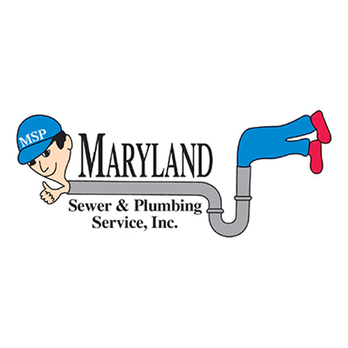
Maryland Sewer & Plumbing: We’re Here For Every Plumbing Emergency
Summer is on its way, and nothing can ruin the fun faster than a plumbing emergency. Lucky for you, Maryland Sewer and Plumbing is here to handle all of your plumbing needs! Whether it’s a clogged drain or a leaky pipe, our professional plumbers are ready to tackle any challenge.
Our commitment to quality and exceptional customer service means you can trust us to get the job done right the first time. Don’t let plumbing problems put a damper on your summer plans – call Maryland Sewer and Plumbing today!
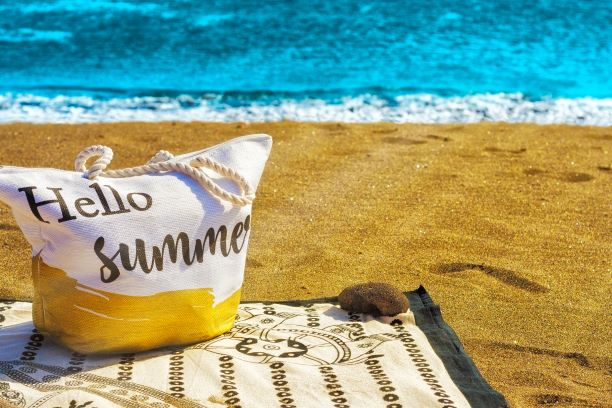
Conclusion
Your plumbing system is one of the most important components of your home, and it deserves the care and attention it needs to stay in top shape all year long.
By following the plumbing tips for summer outlined in this article, you can enjoy a cool and comfortable home while avoiding unexpected plumbing issues.
Don’t hesitate to reach out to a professional plumber if you need help with any of these tips or if you’re experiencing any plumbing issues this summer.

